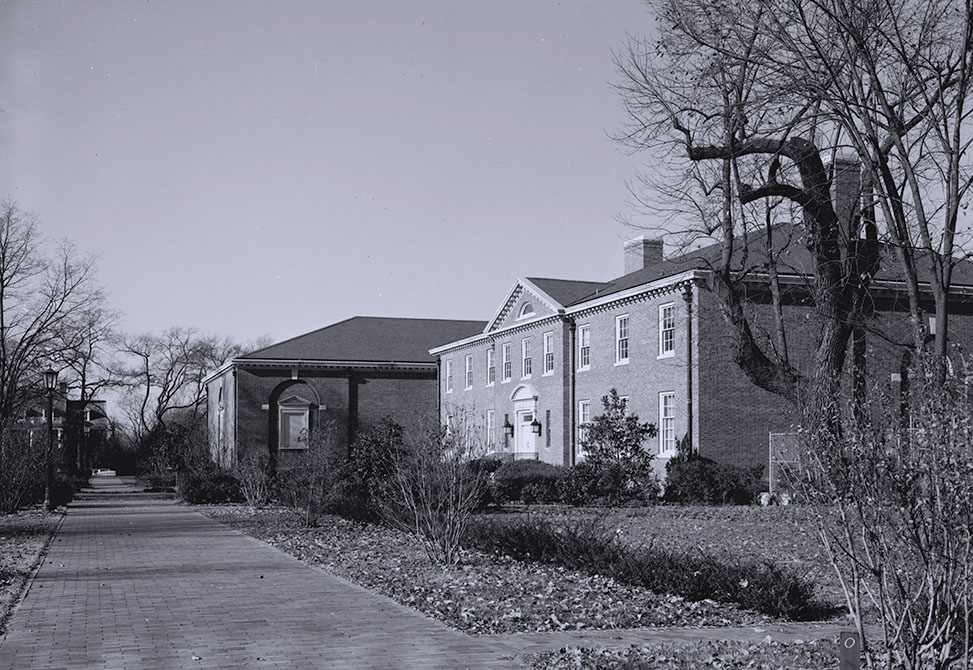Ackland Art Museum
The Ackland Art Museum has one of the most complicated origin stories of any building on campus. When William Hayes Ackland, a lawyer and art collector from Tennessee, died in 1940, he left his estate to establish an art museum at a southern university. Ackland was an heir through his mother to the vast fortune of Isaac Franklin, a plantation owner and partner in Franklin and Armfield, the largest slave-trading operation in the United States. Ackland's mother inherited six Louisiana plantations, among other assets, that eventually became the site for the Louisiana State Penitentiary known as Angola. Duke University was Ackland's first choice for the museum; Duke ultimately decided to decline the gift. Though not stated publicly, it was thought that Duke was reluctant to accept Ackland's condition that his body be placed in a sarcophagus in the museum in his name. This decision left the gift without a clear home and led to nine years of legal battles, culminating in a decision by the U.S. Supreme Court. In 1949 the estate (and Ackland's body) was awarded to UNC.
After several construction delays, the museum was finally dedicated in 1958.
UNC—Chapel Hill was in need of an art museum. The university's growing art collection was managed by the art department, and exhibits were often held in Person Hall. With the Ackland, the university had a professional museum staff and a teaching museum that could be used for the benefit of students as well as visitors to campus. The initial focus on the museum collection was European and American art; in the 1980s the collecting focus expanded to include more Asian art, which became a significant collecting area.
More information about Ackland Art Museum
Date Established: 1958
Date Range: 1958 – Present

Ackland Art Museum, ca. 1960s. UNC Photo Lab Collection, North Carolina Collection Photo Archives, Wilson Library.

